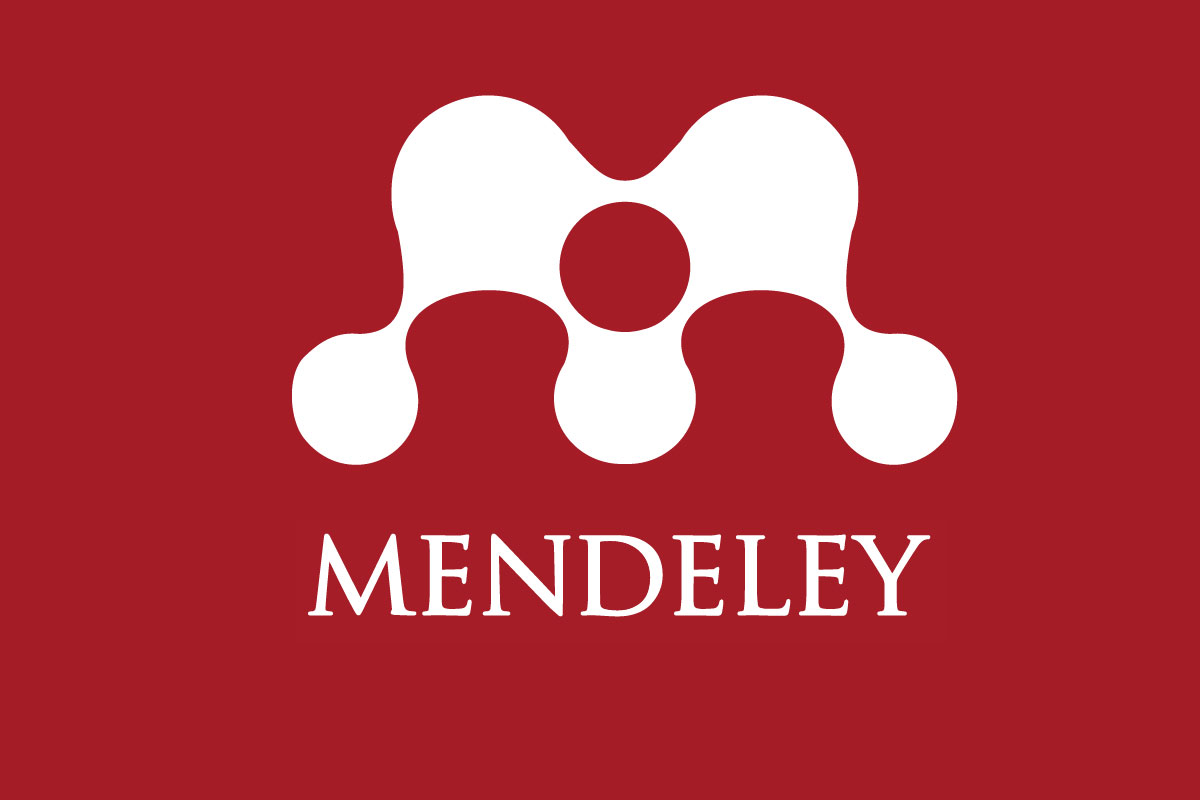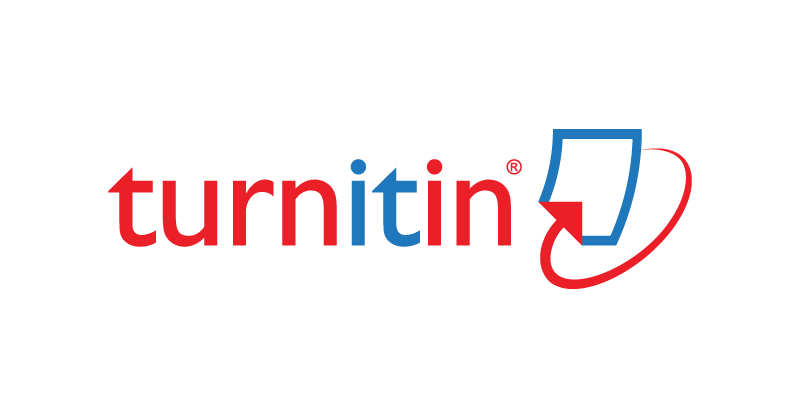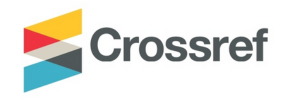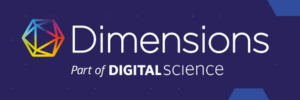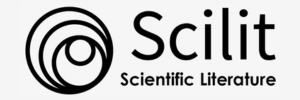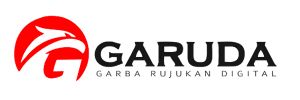Evaluative Descriptive Study in Curriculum Development at SMK Muhammadiyah 3 Yogyakarta
DOI:
https://doi.org/10.63605/ln.v1i2.21Keywords:
descriptive, interview, observation, Dikpora, Basic Education, competenceAbstract
This study aims to determine curriculum development at SMK Muhammadiyah 3 Yogyakarta. This research is included in the descriptive research approach. In this study, it analyzes the learning model using the independent curriculum. Data was collected through observation interviews and then analyzed using descriptive analysis. The learning model used varies, which becomes the standard in learning, namely from the Department of Education and Youth and Elementary Education of the Special Region of Yogyakarta, with this changing curriculum adapted to the existing phases. The analysis results found that the curriculum development at SMK Muhammadiyah 3 Yogyakarta is more flexible in learning. With the changing curriculum, teachers must change the way or method of teaching. With curriculum development at SMK Muhammadiyah 3 Yogyakarta, student learning outcomes are said to be graded if there are no blank grades during learning activities. The purpose of this study is to determine curriculum development at SMK Muhammadiyah 3 Yogyakarta, to find out the urgency of learning Islamic Religious Education in the current curriculum, and to find out the learning model at SMK Muhammadiyah 3 Yogyakarta. This research uses a type of qualitative research with a descriptive research approach. The curriculum development at SMK Muhammadiyah 3 Yogyakarta is divided based on each phase because SMK Muhammadiyah 3 Yogyakarta uses the Merdeka curriculum with Phase E for grades ten and F for grades 11 and 12. Therefore, teachers are advised to be able to (1) keep up with changing times, especially with increasingly developing technology, and (2) Teachers of SMK Muhammmadiyah 3 Yogyakarta should continuously improve their competencies and resources through training activities.
Downloads
Downloads
Published
How to Cite
Issue
Section
License
Copyright (c) 2023 Linguanusa

This work is licensed under a Creative Commons Attribution-NonCommercial 4.0 International License.







